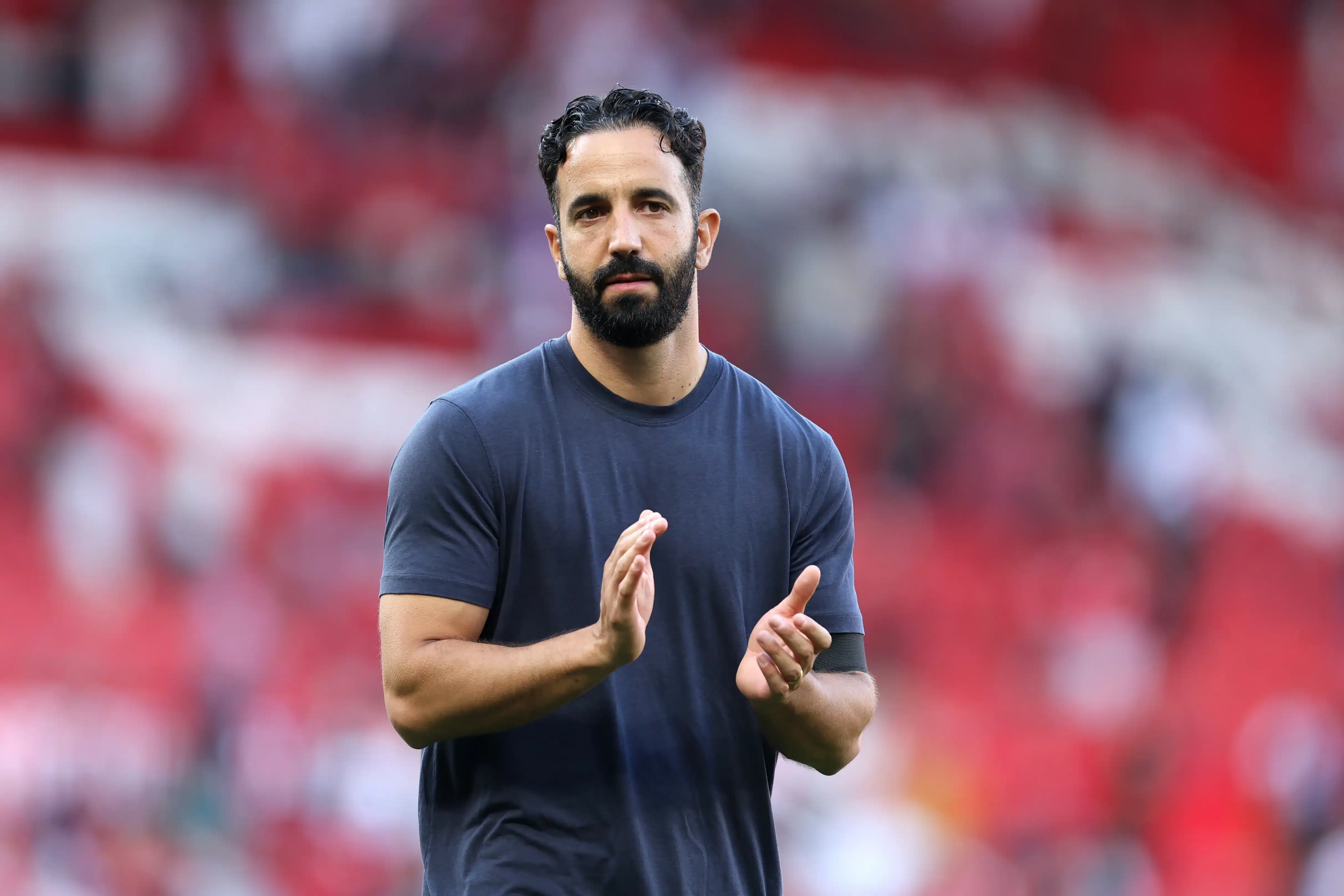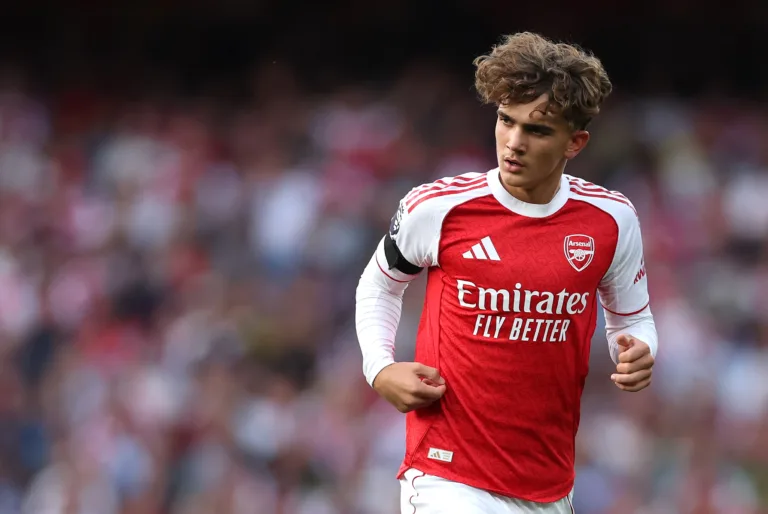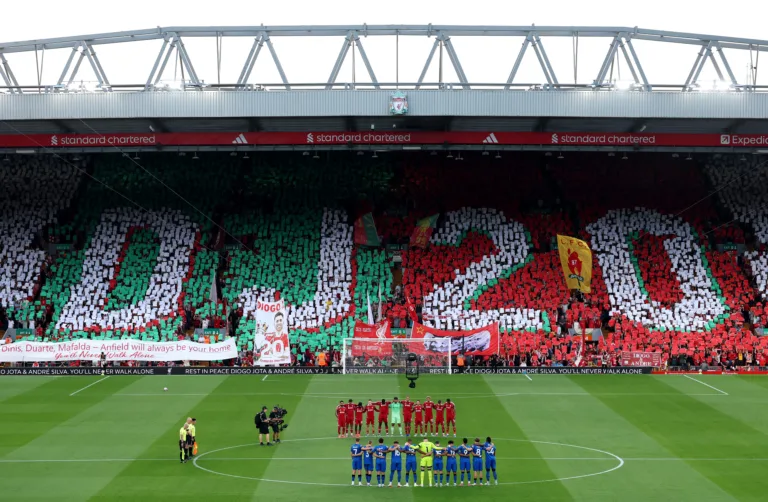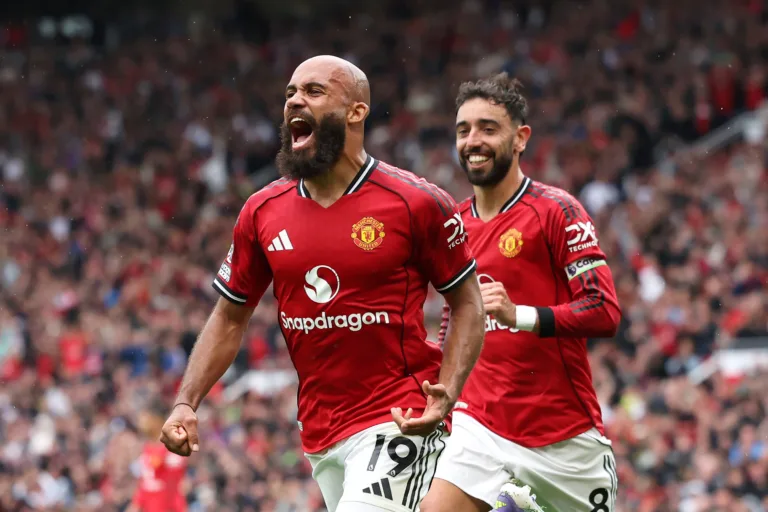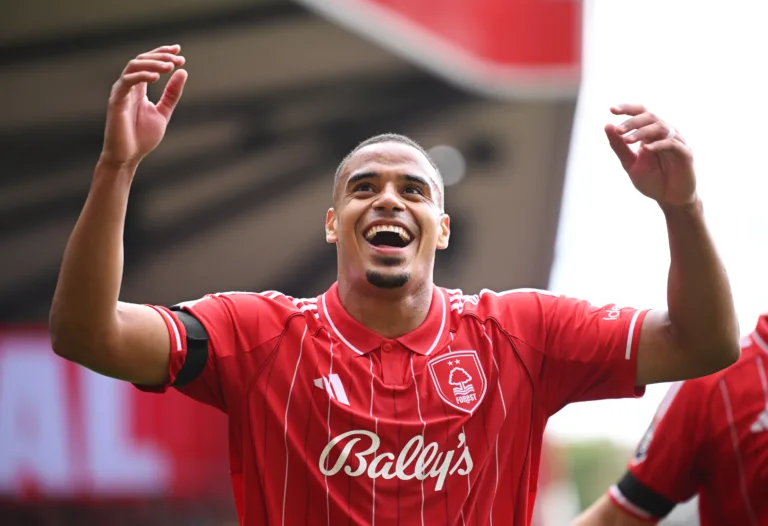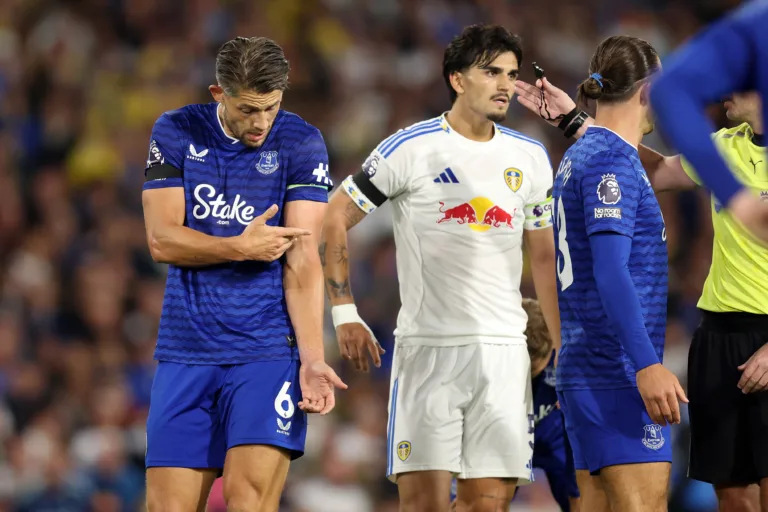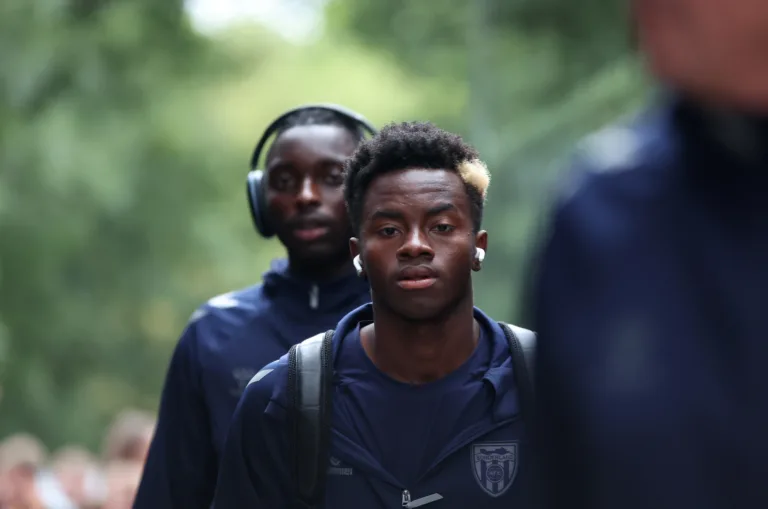Manchester United Cultural Collapse: Beyond the Cup Exit
The surprise upset at Blundell Park said it all. Manchester United’s Carabao Cup exit to Grimsby Town after a 2–2 draw and a heart-wrenching 12–11 loss on penalties was more than a sporting upset. It was a vivid demonstration of United’s cultural unravelling. Manchester United, one of the biggest spenders of the summer, went toe-to-toe with a fourth-tier side and lost. This glaring result highlights that United’s most damaging problem is not just on the scoresheet but deep within its culture.
A premature exit in the second round of the competition might once have been dismissed as an accident, a fluke of football’s randomness. The Red Devils have been shocked in the cups before. But context matters. Manchester United, a side that spent over £200 million over the summer, was knocked out by a team three divisions below.
The Blundell Park collapse wasn’t just a poor performance; it was a symptom of the club’s deeper decay. That decay is visible across the club’s identity, leadership, and results.
A Club Without an Anchor
Once, Manchester United was built on certainty. Sir Alex Ferguson’s empire was more than trophies — it was about a clear identity, a way of playing, and a refusal to lower standards. Today, those foundations feel eroded. United have lurched from philosophy to philosophy with each managerial appointment. From the Chosen One, David Moyes, to Louis van Gaal’s patient possession, José Mourinho’s pragmatic control, Ole Gunnar Solskjær’s counter-attacking nostalgia, and Erik ten Hag’s possession-and-press hybrid, now Amorim’s 3-4-3.
Each approach has been imposed without aligning with proper recruitment, without patience for adaptation, and without clarity of long-term direction.
Amorim was hired for his bold pressing system and 3-4-3 shape, a tactical model that turned Sporting CP into one of the most dynamic sides in Portugal. But within weeks, the limitations of his squad have been brutally exposed. The midfield two are regularly overrun and the system exposes more than it protects. Against Grimsby, Manchester United looked less like a work in progress and more like a puzzle with missing pieces.
Contrast this with Arsenal, who endured mid-table mediocrity while backing Mikel Arteta to reshape the team in his image. Or Liverpool, who entrusted Jürgen Klopp with the freedom and time to rip up and rebuild his squad until his pressing machine clicked into gear. Or Manchester City, who gave Pep Guardiola the tools and time to build a juggernaut.
At Manchester United, philosophy is disposable. Identity is negotiable. And the result is a team with no clear DNA. This uncertainty feeds issues across the club, spilling into mentality and performance.
The Mental Block
Teams can be tactically fragile yet mentally resilient. Manchester United, though, carry the psychological scars of a decade of underachievement.
Grimsby didn’t just win on the night; they exploited a familiar frailty. When Onana spilt a routine cross and the visitors scored again, heads dropped, passes grew safe, and movement disappeared. The body language told the story: here we go again. Manchester United went behind early and looked paralysed. Their equaliser sparked no surge of dominance, only anxiety.
This is not new. Manchester United have a habit of shrinking rather than rising when pressure mounts. Amorim’s public apology hinted at what he sees: a group that does not yet believe in itself, or worse, a group that no longer knows how.
In response to last season’s setbacks, Luke Shaw backed Ruben Amorim’s tough stance on fixing the club’s previously “toxic” and “unhealthy” culture.
Players have come and gone, but the collective fragility persists, suggesting the rot is institutional. When setbacks come, the Red Devils react not with fire but with fear.
That same fear surfaced even in victory against Burnley, a newly promoted side. Manchester United lost the lead twice, summoned anxiety instead of composure, and only escaped with a 3–2 win thanks to a VAR‑awarded penalty in the 95th minute, which was calmly dispatched by Bruno Fernandes. Relief, not joy, greeted the final whistle.
READ MORE: Arsenal’s £267M Ruthless Reinvention: A Calculated Gamble to End a 21-Year Wait
The Recruitment Illusion
For over a decade, Manchester United’s transfer policy has been a carousel of contradictions. From Ángel Di María to Paul Pogba to Jadon Sancho to Antony, the pattern has been the same: high-profile names, often out of step with the manager’s needs, parachuted into a system that does not exist.
This summer’s spending spree was meant to signal a new era. Benjamin Šeško finally arrived to quench the dust that had long gathered over United’s frontline: the promise of a striker who could both end the drought and embody the future. Matheus Cunha as a dynamic attacking option, and Bryan Mbeumo as a reliable wide threat. Yet the issues that undid Ten Hag remain.
Manchester United still lack a controlling midfielder to dictate tempo and protect transitions. They still rely on brittle defensive partnerships, now even more exposed in a back three. And they still seem to recruit for “headlines” as much as for “holes” in the squad.
Šeško and Cunha are talented, but did United need both at the expense of a defensive anchor? Did they need another wide forward when leadership and midfield balance are crying out for attention?
At Manchester United, money is not the issue; it is what it is spent on.
READ MORE: Manchester City’s Summer Gamble: Dynasty Rebuilt or Fatal Flaw Exposed?
Goalkeeper as a Metaphor
Onana’s struggles, crystallised in the costly error against Grimsby, are a case study in the wider dysfunction. He is not a bad goalkeeper. At Inter Milan, he was one of Europe’s most reliable ball-playing stoppers. But at United, his strengths have been misapplied and his weaknesses magnified.
Onana was signed to modernize the Red Devils’ build-up, but the defenders in front of him are not comfortable enough to create angles or recycle possession cleanly. He was signed to start attacks, but at United, instead of being an asset, he has become a lightning rod.
Leadership Vacuum
Perhaps the most worrying aspect of Manchester United’s collapse is the absence of leadership. Bruno Fernandes wears the armband, but his influence fluctuates. Harry Maguire, once captain, is a peripheral figure. Casemiro’s authority is undermined by fading form.
When Grimsby grew bold, there was no organiser, no rallying cry, no collective resolve. Amorim later criticised his players’ attitude, but it ran deeper than that. It was the absence of a spine — the intangible resilience that once carried even Ferguson’s weaker United sides through difficult spells.
Luke Shaw believes that the responsibility to ensure standards are upheld rests on the senior members of the squad.
“The more experienced ones need to be demanding more, day in, day out,” he said.
Leadership cannot be bought in a transfer window. It is cultivated, trusted, and demanded. At United, it feels like a relic of the past.
Managerial strain
Amorim’s appointment was supposed to be a reset — fresh ideas, fresh energy, fresh identity. But questions are already being swirled about his insistence on the 3-4-3 formation, even as it exposes weaknesses, and now feels more like dogma than pragmatism.
For any coach, this cycle becomes exhausting. And in the aftermath of Grimsby, the strain on Rúben Amorim was visible not just in his body language but in his words.
“I think that the team and the players spoke really loud today,” he said when asked about seeing the same mistakes repeated. Pressed on what could be done differently, his reply was telling: “I think they gave the response on the pitch today.”
And when the goalkeeper was singled out, he bristled slightly. “When you play against a fourth-division team, it’s not the goalkeeper,” he said. “It’s everything. It’s the environment.”
These weren’t the words of a manager lashing out, nor of one throwing his players under the bus, but of a coach caught between defending his squad and hinting at deeper fractures within the club. Managers at Manchester United are expected to solve institutional problems with tactical tweaks. It is an impossible demand.
The irony is stark. Manchester United hired a young manager to end the cycle of churn. But seven months in, the churn already threatens to consume him.
Fans and the Theatre of Apathy
The anger of Manchester United supporters has been a constant soundtrack for years — protests against the Glazers, fury at muddled recruitment, and calls for a new direction. Yet after the defeat to Grimsby, the mood shifted. The noise gave way not to outrage, but resignation.
Rage can still be fuel. Resignation is silence. And silence is where decline festers. If supporters stop expecting, stop caring, and stop believing, Old Trafford risks becoming not a theatre of dreams but a theatre of apathy.
Culture eats everything
Clubs rise and fall on more than money, more than star names, and more even than managers. They rise and fall on culture. Liverpool under Klopp rebuilt theirs. Arteta’s Arsenal remains committed to that model. Manchester City made Guardiola the culture.
Manchester United once embodied a collective identity that eclipsed any individual. Now, it appears fragmented—a club where the parts seem greater than the whole.
The Carabao Cup exit to Grimsby will fade from memory. What won’t fade is the impression that the loss exposed an inevitable consequence of United’s ongoing cultural decay. Unless Manchester United rebuild their core identity and let that guide every decision from boardroom to training ground, results like the Blundell Park defeat will recur.
And the silence inside Old Trafford will only grow louder.


